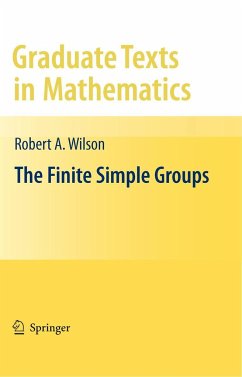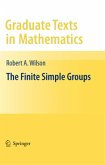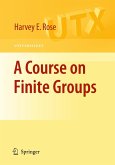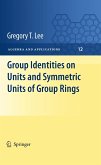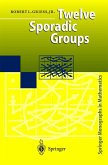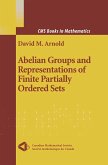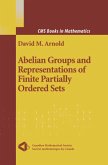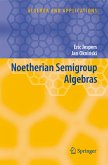Thisbookisintendedasanintroductiontoallthe?nitesimplegroups.During themonumentalstruggletoclassifythe?nitesimplegroups(andindeedsince), a huge amount of information about these groups has been accumulated. Conveyingthisinformationtothenextgenerationofstudentsandresearchers, not to mention those who might wish to apply this knowledge, has become a major challenge. With the publication of the two volumes by Aschbacher and Smith [12, 13] in 2004 we can reasonably regard the proof of the Classi?cation Theorem for Finite Simple Groups (usually abbreviated CFSG) as complete. Thus it is timely to attempt an overview of all the (non-abelian) ?nite simple groups in one volume. For expository purposes it is convenient to divide them into four basic types, namely the alternating, classical, exceptional and sporadic groups. The study of alternating groups soon develops into the theory of per- tation groups, which is well served by the classic text of Wielandt [170]and more modern treatments such as the comprehensive introduction by Dixon and Mortimer [53] and more specialised texts such as that of Cameron [19].
From the reviews: "The book under review has as its main goal to give an introductory overview of the construction and main properties of all finite simple groups. ... This book is the first one that attempts to give a systematic treatment of all finite simple groups, using the more recent and efficient constructions ... . The author succeeds in making this important but difficult area of mathematics readily accessible to a large sector of the mathematical community, and for this we should be grateful." (Felipe Zaldivar, The Mathematical Association of America, March, 2010) "One of the great achievements of mathematics was the classification of the finite simple groups ... . the book brings much information to the classroom. It contains exactly those things one would like to know if one were to meet the individual simple groups for the first time. ... perfectly suitable for an advanced course or seminar. ... accessible also to those who are not great experts in group theory. Anyone interested in finite groups ... should have this book on his or her bookshelf." (Gernot Stroth, Mathematical Reviews, Issue 2011 e)

